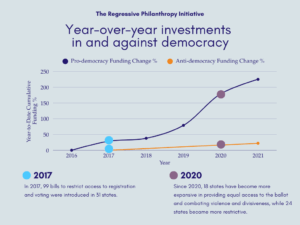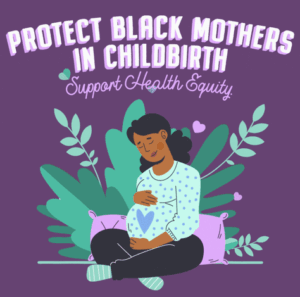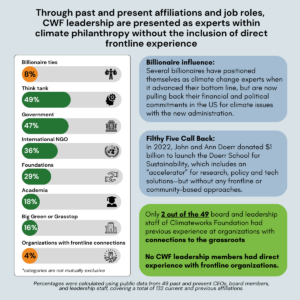In an age where social media pressures us to present a picture-perfect version of ourselves, it can be hard to remember that each of us have some source of vulnerability – that part of ourselves that makes us feel different, weaker or exposed.
Realizing our potential and bringing out the best of our communities often starts with learning how to face these issues and navigate those vulnerabilities in ourselves and others.
For those working on the frontlines of systems change, sharing those vulnerabilities, especially across lines of race, class, ethnicity and gender, is where the real work begins.
As an Ethiopian-Eritrean immigrant growing up in Idaho, I generally disliked being probed about my experiences because sharing my family’s deeply personal story of struggle and perseverance often meant bearing my vulnerabilities to complete strangers who had no intention of doing the same.
Without the expectation of reciprocity, it seemed like I was fulfilling a random curiosity instead of making an authentic or meaningful connection.
Achieving equity and social justice depends on people and groups connecting in authentic ways to operate through the silos that often divides us.
Yet philanthropy sometimes still feels like that helpful neighbor who is more curious than committed.
Well-meaning donors and funders expect their grantees to inform them about their progress, their failures and their results – in other words, to paint them a picture of their vulnerabilities – in order to prove that they can be trusted to accomplish the work they have been funded for.
Yet, we rarely expect funders to be as transparent about their vulnerabilities with grantees or impacted communities.
Old and new tools for change
That is why NCRP’s Power Moves toolkit is finding success in helping philanthropy to look beyond its grantmaking and examine how it uses its inherent power in our society.
The collection of self-assessment questionnaires, discussion guides and other resources was developed to facilitate organizational learning so that funders are able to not just analyze how they are using their power, but also develop the roadmap they need to implement improvements that ensures their work centers equity and social justice.
Two news tools unveiled last month by NCRP partners in the sector only add to this effort.
The Philanthropy Initiative for Racial Equity (PRE)’s “Grantmaking with a Racial Justice Lens” is a valuable practical guide for funders seeking an in-depth understanding of the context around examining their power before using Power Moves.
The guide does a commendable job of walking funders through the variety of internal and external factors they need to address as they strive to make transformational systemic changes that center racial justice.
It also incorporates an insightful collection of the first-hand experiences of other funders who have addressed those factors in their organizations.
Grantmakers seeking to improve how they share power with their grantees can also turn to resources being developed by the Trust-Based Philanthropy Project.
A collaborative effort between the Whitman Institute, the Robert Sterling Clark Foundation and the Headwaters Foundation, the project aims to work peer-to-peer with funders to remodel the funder-grantee relationship into one that is based on trust, humility and transparency.
After assessing how they are exercising their power through Power Moves’ assessment guide, funders who find that they have room to improve how they share power can turn to the Trust-Based Philanthropy Project to get an in-depth understanding of how to do that.
We’re delighted that these resources work so well together because it’s only by being collaborative and building on each other’s work that we can cement the kinds of fundamental changes needed to truly make philanthropy a driver for social good.
Change agents from the streets to the boardroom know that we can’t simply speak an equitable and just society into existence.
The difficult task of getting there depends on creating and maintaining honest, trusted spaces that facilitate mutual transparency and accountability across the lines that normally segments us.
In order to do that, funders must be willing to reveal their vulnerabilities in the same way that they expect their grantees and direct beneficiaries to be openly vulnerable with them.
The same truism for individuals hold for organizations: Only when we address and share our own vulnerabilities can we better navigate each other’s.
Eleni Refu is a senior engagement associate at NCRP. Follow @NCRP on Twitter.



































































































































































































































































































































































































































